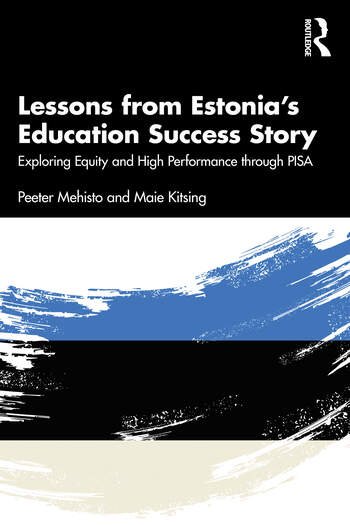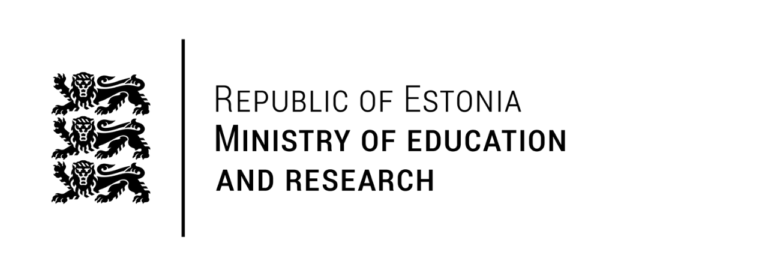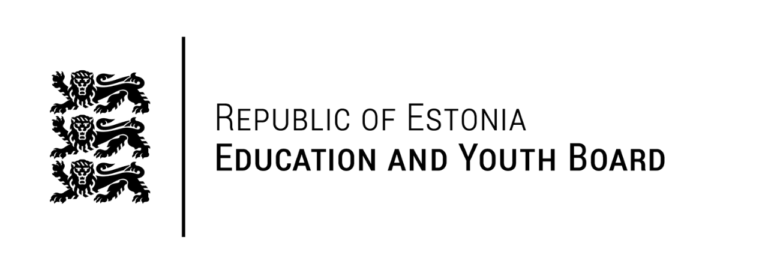The new book “Lessons from Estonia’s Education Success Story: Exploring Equity and High Performance through PISA“ seeks to unlock how Estonia climbed up the PISA league tables. The book also spells out what it needs to do to stay there.
Authors of the book Peeter Mehisto and Maie Kitsing uncover reforms, mistakes and lessons learnt that have been harnessed to create a high-performing, high-equity education system.
“When co-constructing an education system, you have to build on what has been done well, learn from your mistakes and always remain future focussed. What we do today either undermines or paves the way for tomorrow’s success. The book describes the complex journey Estonian teachers and other decision-makers including politicians have made in an effort to meet the needs of Estonian young people and the nation” explains Maie Kitsing.
”Change to an education system and its curriculum is always a change to the status quo, to what already exists,“ as David Scott, Professor at University College London Institute of Education, puts it in the preface of the book. “Therefore, in trying to understand how an education system and its curricula change, it is important to understand how those systems and curricula were structured.“
The book describes the Estonian education context and how key stakeholders in education have often acted as co-agents in education reform. This includes agreeing on social and education policies for giving children a good start in life. Policies fostering equity, inclusion, learner autonomy, as well as school teacher and principal professionalism, autonomy and responsibility are drivers of change.
Innovative voluntary formative assessment systems that contribute to student and teacher learning are detailed. So are investments favouring school self-evaluation over external inspections, and cultivating professional learning communities. The book unearths how easy access to a wide range of data such as perceptions of well-being, autonomy and connectedness, in addition to examination results, builds internal and external accountability, and contributes to stakeholder collective efficacy. Plans for how Estonia intends to stay at the top are disclosed.
Lessons from Estonia’s Education Success Story
Exploring Equity and High Performance through PISA
Routledge 2022
Authors:
Peeter Mehisto is Honorary Research Associate at University College London Institute of Education, UK Maie Kitsing is an adviser to the Estonian Ministry of Education and Science’s External Evaluation Department.






